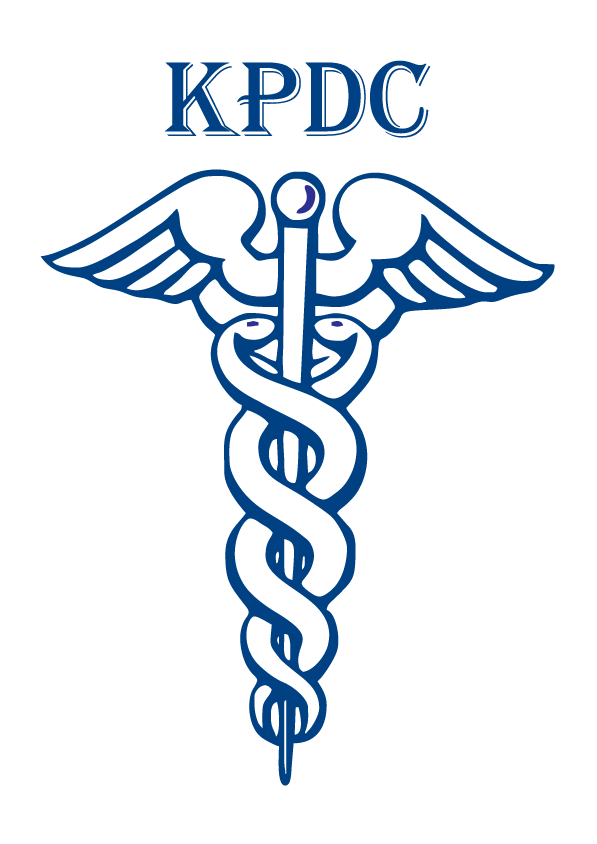Anxiety Disorder
Anxiety disorders are a group of mental health conditions characterized by excessive and persistent feelings of anxiety, fear, worry, or apprehension. These feelings are often accompanied by physical symptoms like increased heart rate, muscle tension, and restlessness. Anxiety disorders can significantly impact a person's daily life, relationships, and overall well-being. There are several types of anxiety disorders, each with its unique features, but they share common elements of excessive and uncontrollable anxiety.
Here are some of the most common types of anxiety disorders:
Generalized Anxiety Disorder (GAD): GAD is characterized by excessive and chronic worry and anxiety about a variety of everyday events and situations. People with GAD often find it difficult to control their worry, and the anxiety is often out of proportion to the actual situation.
Panic Disorder: Panic disorder involves recurrent and unexpected panic attacks. These are sudden, intense episodes of fear and physical symptoms such as rapid heartbeat, shortness of breath, and a feeling of impending doom. People with panic disorder may also develop a fear of future panic attacks.
Social Anxiety Disorder (Social Phobia): Social anxiety disorder is characterized by an intense fear of social or performance situations where the person may be scrutinized or judged by others. Individuals with social anxiety disorder often avoid social interactions or endure them with extreme distress.


